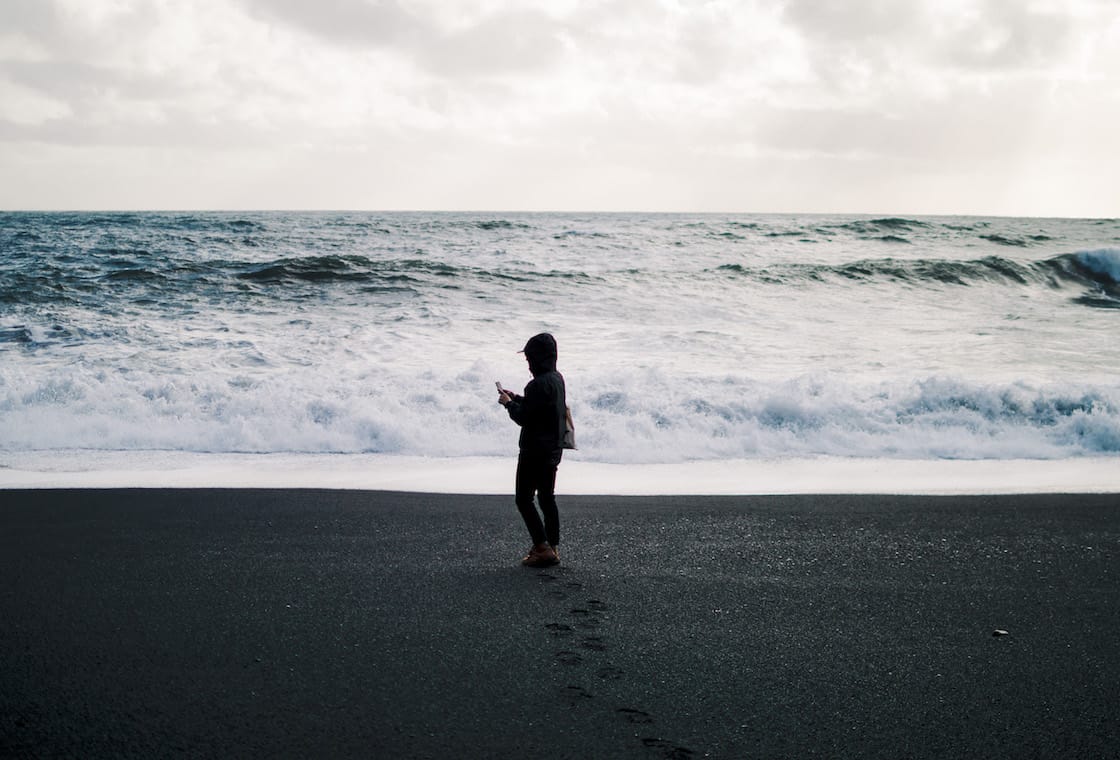Traveling the world has become more accessible through the innovations of remote careers, and a slew of new trendy budget airlines, just to name a few. More than ever, eager explorers embark on life-changing journeys all around the world. Some of those adventure-seekers happen to be doing so solo.
No longer seen as dangerous, or for those preferring solitude, solo travel popularity has grown in the past few years, especially among women. While it’s easy to see how one’s carbon footprint can be mitigated when traveling in groups, there are also several easy environmentally conscious options when venturing out alone.
Accommodation
As the digital age expands exponentially, more people are finding and creating opportunities for self-employment and working abroad. When you stay in one place for longer, you become immersed in its culture and sights. You also maintain productivity by developing a routine and discovering more resources. Slow travel encourages less environmental impact since you move less, decreasing your carbon footprint.
With Behere, you can find tips and resources dedicated to providing seamless, trustworthy, and flexible overseas experiences all in one place. Behere offers access to long-term individual apartments, workspaces and gyms in Europe and Asia, and sets you up with local hosts and communities to help ease you into your new surroundings.
If you’re traveling for a shorter time, consider lodging in shared or group housing, such as a hostel or bed and breakfast. When you have access to communal areas, it’s easier to meet other travelers and pick up local tips. Living in a shared space tends to be more budget-friendly too!
Packing
Resist the urge to overpack because you feel the need for many things you’d normally share with others. The more a plane weighs, the more fuel it has to use, therefore creating more carbon emissions. A simple rule of thumb is to never pack what you can borrow, share, or buy in the destination. Most lodgings provide basic toiletries and essentials anyways.
 Activities
Activities
Plan your outdoor activities to start as early as possible. When you make use of as much daylight as possible can, you require less electricity used for activities done after dusk. Tourist spots are also less crowded if you show up early. A great aspect of solo travel is you don’t have to abide by anyone else’s schedule!
There is also no need to partake in buffets and all-you-can-eat deals offered by hotels. This will help to avoid food wastage. It’s also rare to find locally produced foods in buffets.
With solo travel, you’re less inclined to use modes of transportation meant for groups, like cars and buses that emit more carbon. Instead, simpler eco-friendly forms of transportation such as bikes, electric scooters, and walking seem more appealing and allow you to see more of the city.
Other Tips
When you’re out and about for the whole day, it’s convenient to bring a portable charger – check for eco-friendly ones! These versions use recycled materials and the latest technologies to avoid early obsolescence.
Your first solo trip can seem daunting, especially if you don’t have much experience traveling. Ease your nerves while satisfying your sense of adventure by first going somewhere close, a destination accessible without a plane. Closer places create less of a carbon footprint since many transportation modes, such as air travel, can emit up to 0.9 metric tons per person for a cross-country round trip. That’s equivalent to 20% of the greenhouse gases emitted by your car in one year! You’ll conserve resources and feel more comfortable knowing you are not in a totally unfamiliar environment.
Further, you often think more about all your travel decisions when you go alone, so apply that thinking towards environmentally sustainable decisions too. One of the best parts of solo travel is you have total control in planning, so you can choose to minimize your impact on the planet!
Feeling ready to head off on an eco friendly solo adventure now? Get started with Behere below!
Tiffany is the founder and designer of Kanneo, an environmentally responsible clothing line for travel and leisure. All materials, including packaging and hang tags, are carefully chosen to be biodegradable, with little to no carbon footprint. After years of working as a designer in the NYC fashion industry, she was horrified by the realities of mass production and lack of regulations between the manufacturers and clothing companies. She no longer wanted to be on the side of fashion that contributed to the global waste crisis. Tiffany vowed to use her passions and knowledge to focus on creating products and a community that can bring change and awareness while celebrating the extraordinary planet that is our home through wearkanneo.com.




